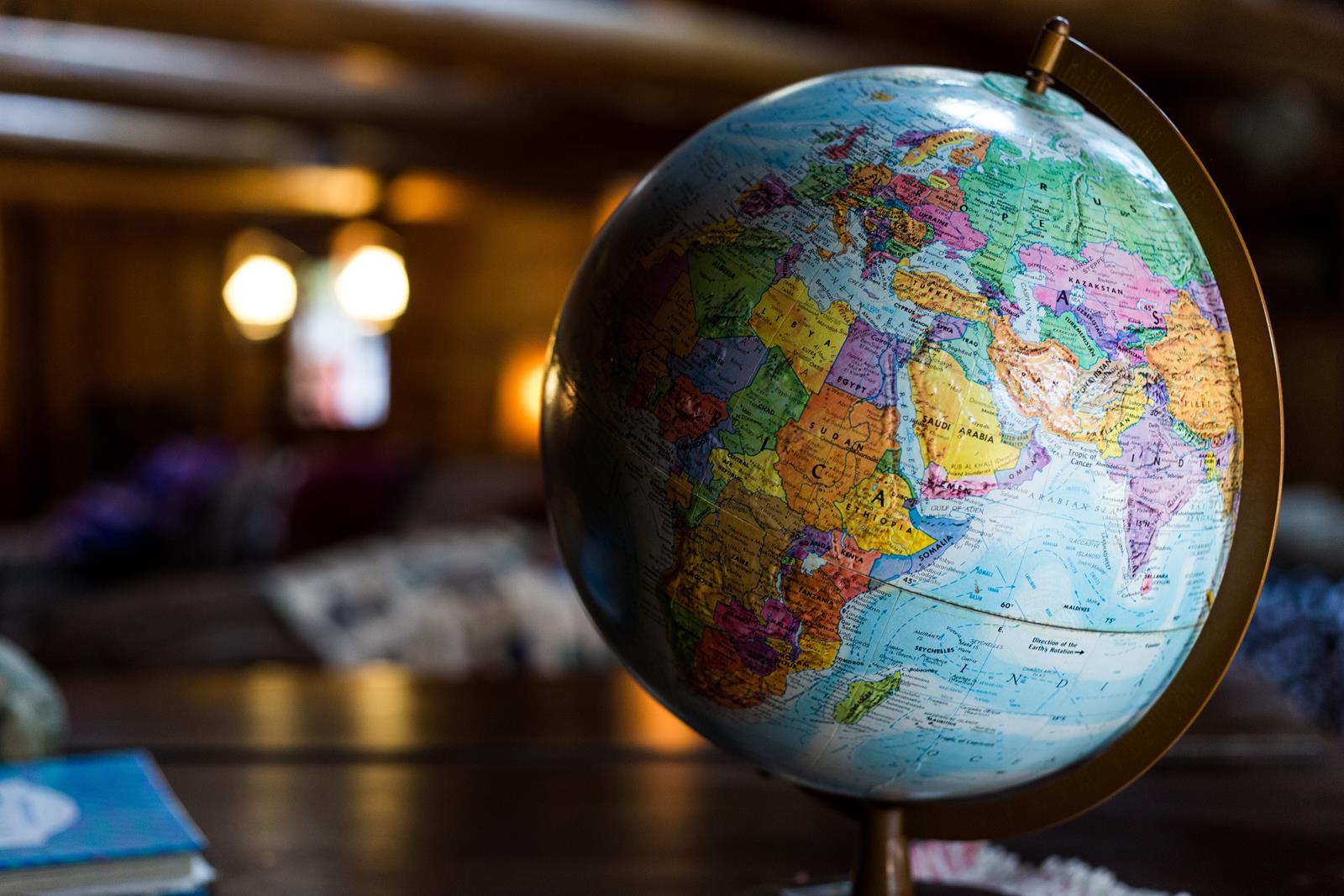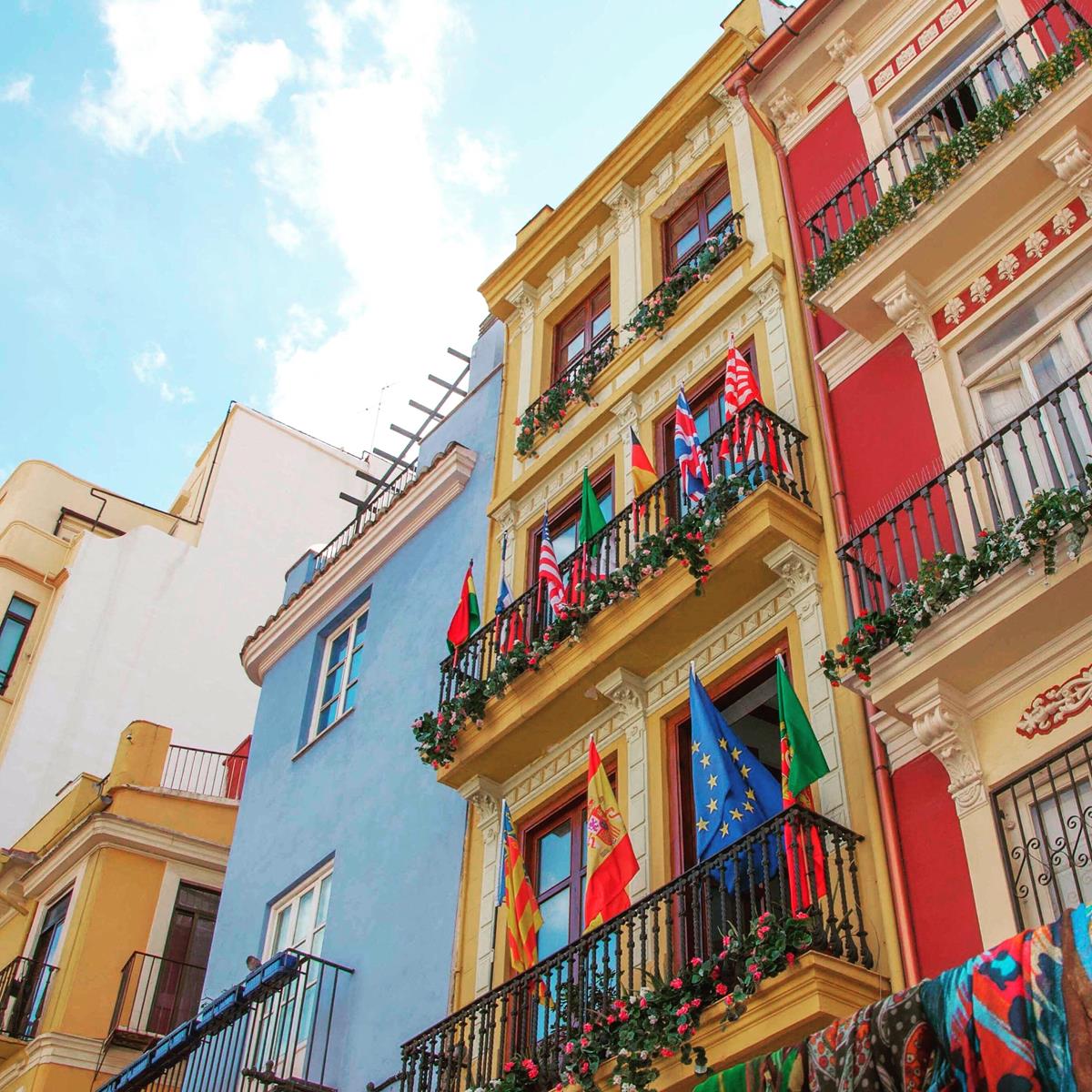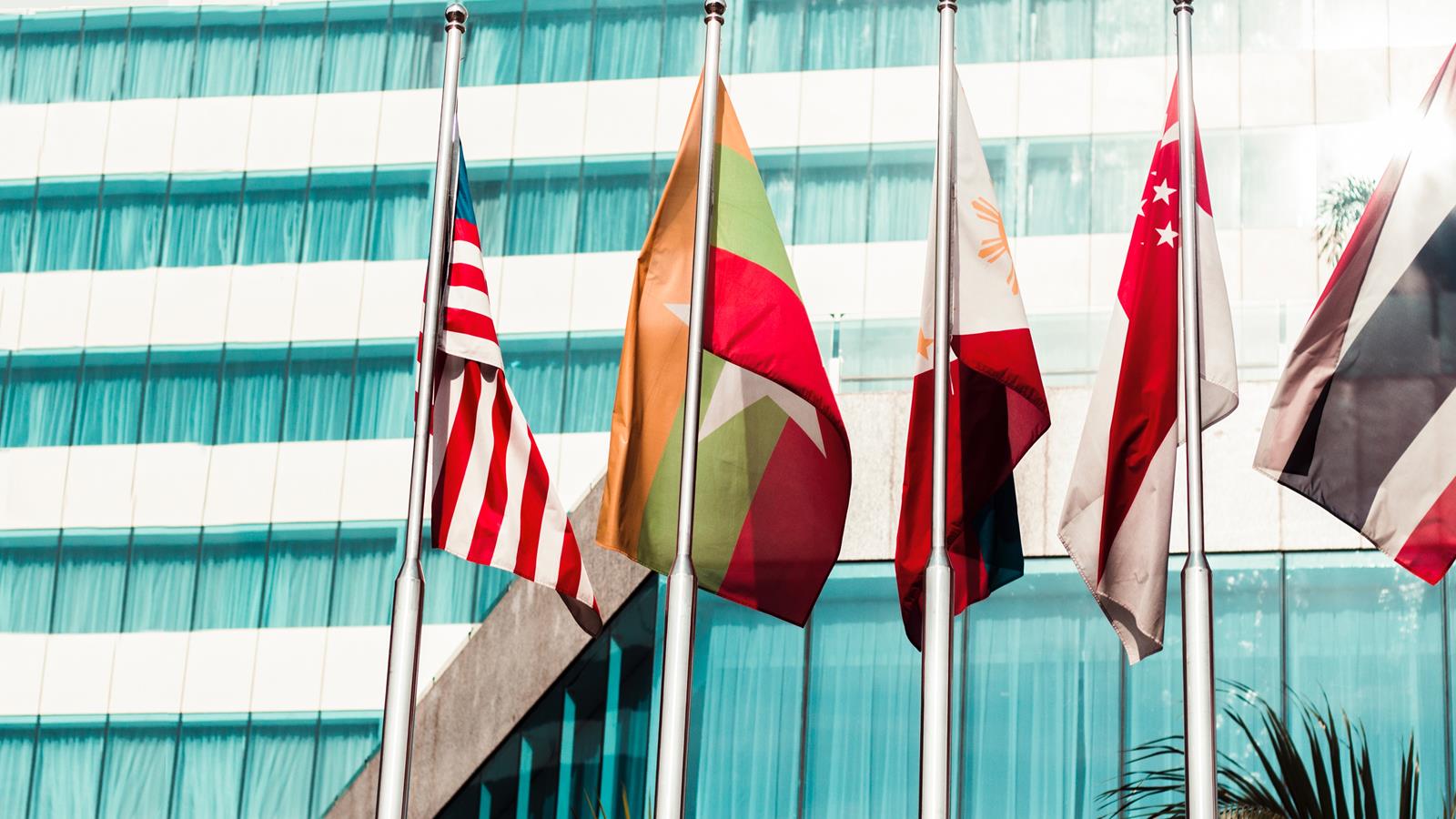Comparative politics is an area of international relations that looks at how politics work in different countries and how trade, relationships, and communication work on a global level. It looks at how governments around the world choose what rules to follow and how to run their areas. It was also looked at how these changes within countries affect how people from different countries connect with each other around the world. Comparative politics lets us see what countries have in common and what makes them unique. We can learn about how big things work this way. People in this field study how the decisions lawmakers make affect the world, the business, and safety. A lot of different things are looked at in the study, such as how democracy works and how long dictatorships last. Comparative politics can help people who study politics, work for the government, or speak for the government plan for problems, make it easier for people to work together, and learn how different political settings affect international goals. If you want to understand and get around in the complicated world of foreign relations, comparative politics can help. For this reason, it looks at both problems that only affect one country and problems that everyone has.
Understanding The Foundations Of Comparative Politics
To compare politics, you must first look at how states are set up on the inside. It is the same amount of power for everyone and everyone in charge. The book is about how different civilisations share power and set up their systems. A lot of the time, people are told to lead, share power, and get involved in governments. On the other hand, some groups might need a lot of care and control.
Countries don’t just get along with each other because of these differences; they also make things interesting to think about. Another country may want to trade or work with another country, but only if its government is run well. These roots can help explain why two countries with economies that are a lot alike might have very different approaches to the rest of the world.
We get a picture when we compare things. It helps to know how a country works inside and how it acts when it’s not in its own country. Find trends that affect both peace and war between countries. This is the first thing that needs to be done.
The Role Of Institutions In Shaping Global Outcomes
Central to comparing politics are institutions such as legislatures, judges, agencies, and the ways that people vote. The rules they follow say how to ask questions, make choices, and carry them out. People who feel safe, responsible, and in charge are more likely to have strong systems. Weak or broken organisations, on the other hand, can cause fraud, failure, and conflict.
There are rules that say how countries should treat each other when they deal with other countries. If courts are free to make their own decisions and leaders are honest and open, states may be more likely to trust deals with other states. When a country has strong institutions, other countries may not trust it to keep its word. This can make things less certain.
Comparative politics looks at how institutions work in various nations to try to understand why some countries consistently do well in international negotiations while others have a tough time keeping their good name. For this to happen, politics in one country need to be able to affect politics around the world.
Political Culture And Its Global Influence
Culture in politics is just as important as rules when two countries want to get along. Politics and culture are the shared beliefs, rules, and behaviours in a society. People see themselves, their power, and where they fit differently after it.
Openness and talk may be important in some places, so people may want rules that make it easier to agree on things and work together. On the other hand, states that value order and strong leadership may stress weakness and control more. These cultural views affect every part of the government, from how to deal with natural tragedies to how to make decisions about foreign policy.
When people study comparative politics, they learn about different political cultures. This helps them guess how different countries will act on the world stage. It explains why countries with systems that are a lot alike might still handle global issues in other ways. Culture changes the way people think and feel, which changes what they do when they’re in a different situation.
Government Structures And International Relations
Comparative politics is best used to study how different types of governments change how nations treat each other. In presidential governments, one person has a lot of power to make choices. This makes it simple to react quickly to things going on around the world. With politics, on the other hand, more people have to agree on something, so it might take longer to make a choice, but everyone is heard.
When people talk about trade, peace, and the environment, they all use different ways of putting things together. If the government is centralised, laws might be passed fast. But if the government is spread out, it might take more time to get people to agree on what to do. What’s going on in other countries affects the pros and cons of each way.
We can better understand these specifics when we study politics from different countries side by side. This helps us see how laws in one country can affect events in another. People in power need to know this a lot if they want to know how different countries might deal with problems on a world scale.
Globalization And Comparative Analysis
That’s because politics at home and around the world are more alike these days. People from different countries can talk to each other because their businesses are linked and they all face the same problems, such as climate change and pandemics. This means that each state can’t handle these problems by itself.
We can see how different countries’ political systems change to deal with trade when we look at politics from different countries. It’s so easy for some countries to work with others, grow their businesses, and fund schools because they like it so much. To fight back, some people defend businesses, make borders safer, or stress more what it means to be a national character. This kind of choice shows not only business goals, but also political views and how strong a group is.
It is possible to see how people have reacted to globalisation in different ways and see what those responses have led to. Look at these trends to get a better idea of how foreign battles and relationships will change in the future. They can also help states work together in ways that are fair for everyone.
The Practical Relevance Of Comparative Politics
Comparative politics isn’t just an idea; you can use it in the real world too. Compare and contrast helps businesses figure out how stable a market is. Politicians use it to make plans for their foreign policy, and international groups use it to make plans that can be used no matter what the rules are.
People can handle danger, make deals, and plan for the future better when they understand how different systems work. Different types of people in our country get along better because of it. It also helps us work with other countries better.
Politics is more than just a subject you study for school or work. To understand the world we live in is another reason.
Conclusion
This phrase is used in foreign policy to show how rules, ideas, and habits from one place can change what takes place in another. People who work in business may better comprehend why nations do what they do on the international stage when they see how various types of governments function together. The structure of the government determines what decisions are made. People in society choose what to do, organisations make things safe, and society sets objectives. This is why each country makes deals and fights with other countries in their own unique ways. People will need to learn how to compare their thoughts once the world is connected. Business people, foreign groups, and lawmakers can all use it to try to guess what will happen and make plans that take into account different political views. Being able to see how things are the same and how they are different is very helpful. Also, it tells us that we need to understand how events in other countries affect events around the world if we want to really bring the world together.


